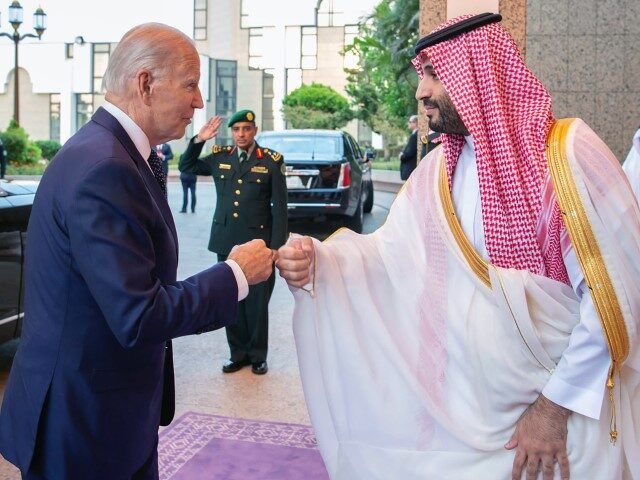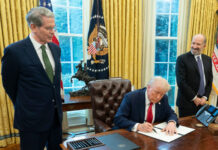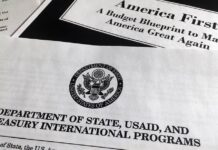The “coalition” of countries formed by the U.S. to deter Houthi attacks on international shipping in the Red Sea and the Bab-el-Mandeb strait excludes Israel. It also omits Saudi Arabia and Egypt, two of the other countries directly affected by the threat.
The list of participants in “Operation Prosperity Guardian,” as Time magazine notes, includes “Bahrain, Canada, France, Italy, the Netherlands, Norway, Spain, the Seychelles, and the United Kingdom.” A few are involved in shipping. A few barely have a navy.
Israel has the capability — and the legal justification — to strike back at the Houthis. Not only have the Iranian-backed rebels tried to seize and destroy Israel-linked and Israel-bound vessels; they have also fired missiles and drones directly at southern Israel.

But the U.S. — which could also easily attack the Houthis and destroy their ballistic and naval capabilities — has restrained Israel and itself. Instead, it has put together a list of countries so underwhelming that even White House reporters asked questions.
At the White House press briefing on Tuesday, reporters asked national security aide John Kirby about the curiously empty list:
Q And one more question. There are some unnamed countries that are currently involved in the Red Sea initiative. Can you say more about why those countries don’t want to be named? And is it a sign that, you know, countries don’t want to be seen standing with the United States at this moment, you know, in the region?
MR. KIRBY: There are some nations that have agreed to participate and to be a part of this, but they get to decide — they’re sovereign nations — they get to decide how public they want that to be. And I’ll leave it up to them to be able to describe it one way or another since — because not all want to become public. I doubt you’re going to get much — much more out of them.
Kirby cited a “joint statement” that was signed by 44 countries as proof that the U.S. was not “isolated” on the issue. But while the U.S. could summon its allies to sign a piece of paper, it could not convince them to send forces to protect Red Sea shipping. Nor could it muster the will to take out a primitive militia from one of the world’s poorest countries with long supply lines to Iran.
Kirby also said that the U.S. is now conducting a “review” about whether to re-designate the Houthis as a terror group, after President Joe Biden delisted them within days of taking office in 2021. Meanwhile, it leads a “coalition of the unwilling.”




